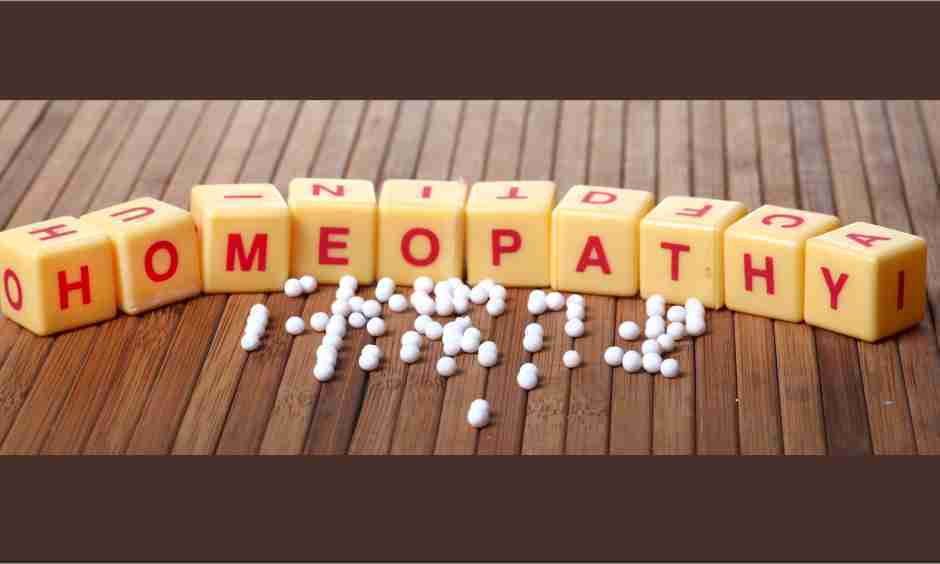More and more sports physicians are now providing homoeopathic remedies. One is Tom Kastner, on the staff of the Institute for Applied Training Science in Leipzig, Germany, and a physician for Germany’s cross-country skiers. He had homoeopathic agents in his medical bag during the recent Tour de Ski, an annual cross-country skiing event in Europe.
“To be clear: There’s no scientific proof of the efficacy of homoeopathic,” Kastner says. “It’s contrary to scientific laws, which creates a conflict for a doctor with scientific training.”
Based on the principle that “like cures like”, homoeopathy is a system of complementary or alternative medicine in which ailments are treated with highly diluted substances that in larger amounts would produce symptoms of the ailment. The aim is to stimulate the body’s self-healing response.
Kastner knows homoeopathy is important to many people and isn’t surprised that sales of homoeopathic medications have reached high levels.
“It’s no different in sport than in normal life,” Kastner says. “The question is, for what symptoms do I offer homoeopathic medications? I’d like to give the athlete something, although it’s not absolutely necessary to take recourse to substances that may have a high potential for side effects.
“Athletes who have had a positive experience with them gladly go back to them.”
One such athlete is Nicole Fessel, a cross-country skier from the Bavarian Alps. She’s long had a neurological problem and is constantly looking for relief.
“One of the things I came across is homoeopathy,” Fessel says. “I don’t swear by it, but I use it. Our doctors advise me on it quite well.”
In Kastner’s view, homoeopathy’s psychological aspect plays the biggest role. “These medications can help if you believe they will, similar to the placebo effect,” he notes. “There’s an interaction between mind and body.”
Homoeopathy’s placebo effect is discussed from time to time in medical journals and at medical conferences.
“Sometimes, as a doctor, you’ve got to set your own position aside and simply work with the positive attitude of the patient – in this case, the athlete,” Kastner says. “It’s a show of confidence.”
It’s important to bear in mind that homoeopathic medications aren’t natural remedies. Sport physicians know that the homoeopathics they obtain from certified companies aren’t on the list of banned doping substances.
“I’d advise everyone, also recreational athletes, not to obtain homoeopathic medications from the depths of the internet. You never really know what’s in them,” Kastner says.
Though not a proponent of homoeopathy himself, Kastner doesn’t wholly dismiss it either.
“Everyone has to experience it for themselves and decide how much faith to put in it. But especially as an attending physician, you should know the limits of the use of homoeopathics.” – Gerald Fritsche/dpa

